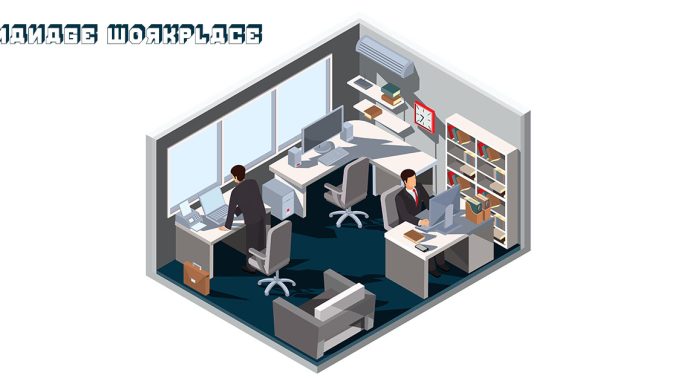
Workplace stress is a growing issue for professionals across all industries. The constant pressure to perform, meet deadlines, and navigate office dynamics can take a toll on both mental and physical health. To maintain productivity and protect your well-being, it’s essential to learn how to manage workplace stress effectively.
Recognize the Root Causes
Before you can reduce stress, it’s important to identify the sources. Often, stress stems from unclear expectations, excessive workloads, lack of support, or poor communication. By recognizing what’s triggering your stress, you can take the first step toward solving it.
Moreover, many people experience stress without realizing how deeply it’s affecting their performance. Acknowledging the signs early can help prevent long-term burnout and emotional exhaustion.
Prioritize and Organize
One of the most effective ways to manage workplace stress is to organize your tasks based on urgency and importance. Using techniques like the Eisenhower Matrix or simple to-do lists can help reduce mental clutter.
Additionally, setting realistic goals each day allows you to manage time better and feel a sense of achievement, even during busy periods. As a result, you’ll be less likely to feel overwhelmed by unexpected responsibilities.
Set Boundaries
In today’s always-connected work environment, learning to set clear boundaries is crucial. Avoid checking emails after hours, take regular breaks, and ensure your workload is manageable.
Furthermore, communicate openly with your manager about what is realistically achievable. When boundaries are respected, stress decreases and job satisfaction improves significantly.
Practice Mindfulness and Stress-Relief Techniques
Mindfulness practices, such as deep breathing, short meditations, or stretching exercises during breaks, can reduce cortisol levels and restore focus. Even five minutes of stillness can make a major difference in how you manage workplace stress.
Regular physical activity, a healthy diet, and proper sleep are also essential. These lifestyle habits improve resilience and make it easier to cope with day-to-day work challenges.
Seek Support When Needed
Sometimes, managing stress alone isn’t enough. Talk to a trusted colleague, supervisor, or professional counselor. Most workplaces now offer Employee Assistance Programs (EAPs) that provide resources for emotional and mental support.
Remember, seeking help is not a weakness—it’s a strategic step toward long-term career sustainability.
Conclusion
Learning how to manage workplace stress effectively is not just about survival; it’s about creating a healthier, more productive environment for yourself. By taking intentional steps—like organizing your time, setting boundaries, and practicing mindfulness—you can protect your health and enhance your job satisfaction.
Ultimately, when you manage workplace stress well, you set yourself up for long-term success and balance.